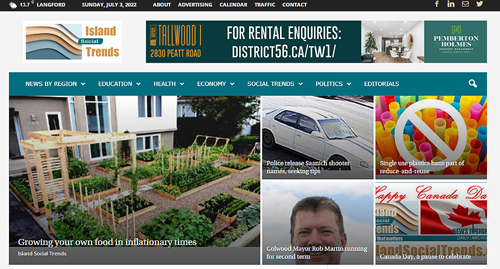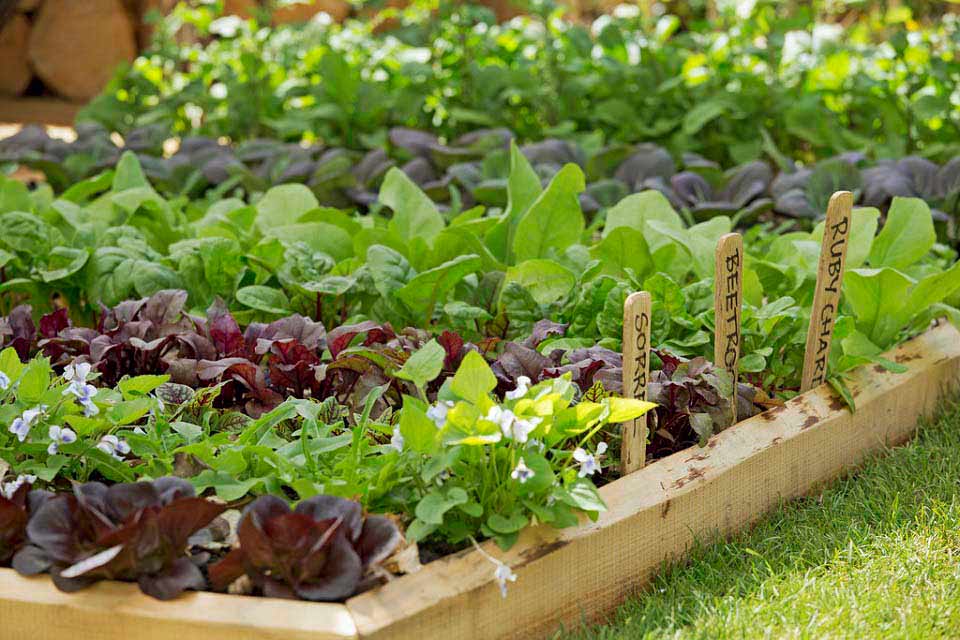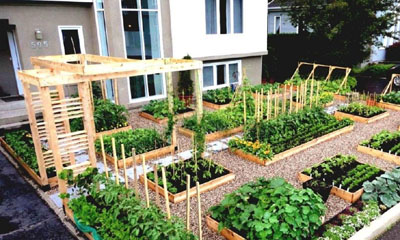
Sunday July 3, 2022 | GREATER VICTORIA, BC
by Molly Pearce | Island Social Trends | Mary P Brooke, Editor
Increasing inflation and warmer weather are two topics on the minds of Vancouver Islanders this week. But what do these things have in common? Both have many of us thinking about or even getting outdoors to plant our own edible garden.
With inflation currently at about 7.7% in Canada in May (even higher in BC at 8.1%), people feeling the burden of high costs of food at grocery stores are looking for alternatives. Two options are obvious: cut back on food purchases or grow some of your own.
A recent Angus Reid survey stated that approximately 25% of Canadians are cutting back on how much they eat because of inflated food prices. No statistics are yet available on how many people are contributing to their diets through backyard gardening, but it is a trend that is no doubt on the rise.
Gaining food-growing skills:
Those who may be interested in growing or who are just beginning to grow their own food may be unaware of the energy, time, and skills required to produce a consistent crop of fruit and vegetables. Not to mention the cost of tools, supplies and equipment needed for starting and maintaining a garden plot, as well as building knowledge about soil management and irrigation.
However, many people may have found the time to acquire such skills during the pandemic lockdown of the last couple of years. It just goes to show how investing in such skills can prove invaluable down the road.
Urban food growing:
Home-growing has always been popular with more rural communities on southern Vancouver Island, where space is often less of a limiting factor. Now more than ever though, there are initiatives to encourage urban food growing.
These initiatives may take the form of communal gardens, roof-top crops, or even space-efficient hydroponic growing on balconies and in pots on patios. These methods of growing make it easier for people with busy schedules to tend to their vegetable crops, but the daily routine of watering and weeding is often a difficult one to get used to for new gardeners.
These new ways of growing food may help to offset the increasingly unaffordable cost of groceries, and especially fresh produce, that is caused by disrupted global supply chains and the high price of gas.

A tax credit to people who develop food-growing capacity in and around their own urban homes and communities might be another way of the future.
Abundance:
For gardeners who find they have a knack for producing tasty fruits and veggies at home, so much so that they are growing more than they can eat themselves, they might explore the possibility of selling at farmers markets to make an extra bit of cash.
In addition to supplying one’s own kitchen, there are other opportunities for profiting from one’s gardening labours. That might include auctioning off fresh tomatoes, to pickling extra radishes, to making homemade jam from a high-volume raspberry crop.
Good growing climate:
Finding and maintaining a secure source of fresh produce is important for Vancouver Islanders. We live in a place which is food insecure, in that the vast majority of the food we consume is produced somewhere else and transported in by truck (as well as airplanes and ferries).
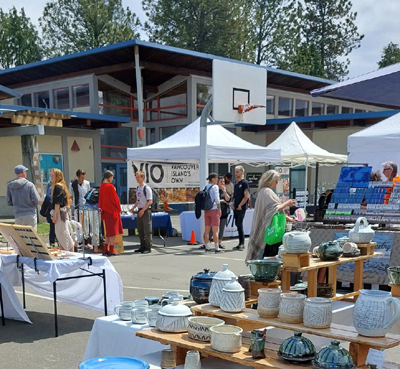
When the cost of transportation increases due to global events, Islanders see it reflected in the significant rise in the price of food.
We can benefit here by the long growing season — oftentimes with the opportunity do second plantings in a calendar year. On average, in the Greater Victoria area the frost-free growing season is about 200 days — starting mid-April and running into the first week of November.
However, climate change is having an impact. The 2022 growing season has been cut short on Vancouver Island. Weather up to mid-June was cooler than usual, even with some nightime temperatures falling to zero in March, April and May. This impacted the among of produce that could be grown in small local gardens. Evidence of this was very little local produce being available for sale at local farmer’s markets even through June.
Food Day:
The BC government has in recent years placed an emphasis on the value of food and the difficulty in accessing fresh food.
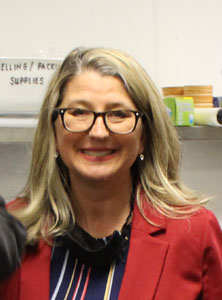
July 31 was officially declared BC Food Day by the province in 2021, to be celebrated annually. BC Food Day is a day to “a time to enjoy and celebrate locally grown food and the food that unites peoples and communities in Canada from coast to coast,” said BC Agriculture Minister Lana Popham last year. It’s a day to be reminded about the contributions of our gardeners working tirelessly on farms—and in backyards—to ensure we have healthy food on our tables.
In May, Minister Popham attended a tour of the BC Food Hub distribution facility in downtown Victoria. At that facility, ‘rescue food’ from grocery stores (that would otherwise discard produce after its sub-prime retail shelf life) is processed into other food products for distribution to organizations that supply people in need.
BC supports the many farmers markets around the province. The BC Farmer’s Market organization lists 28 farmer’s markets on Vancouver Island.
World Food Day will be on October 16, 2022.
===== ABOUT ISLAND SOCIAL TRENDS:
Island Social Trends covers the news of south Vancouver Island and British Columbia. Food Security News is archived online. Island Social Trends Editor Mary P Brooke holds a B.Sc. in Foods and Nutrition, with a component in community education.



